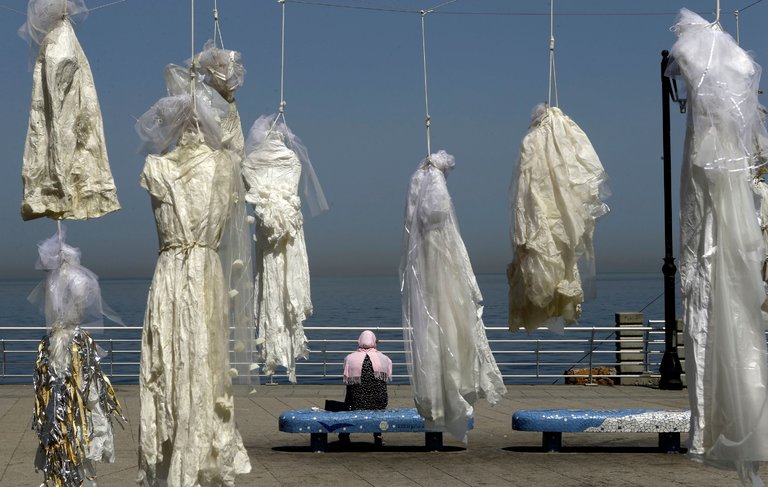Lebanon Repeals Its Marry-Your-Rapist Law
August 16, 2017

BEIRUT, Lebanon — Lebanon on Wednesday repealed a law that allowed rapists to evade punishment by marrying their accusers, the latest in a string of countries in the region to reverse such provisions under pressure from Arab women’s groups.
A handful of countries — including several in the Arab world as well as the Philippines, a majority Catholic country — have allowed men accused or convicted of rape to be exonerated if they marry their victims. Women’s groups have agitated for years for the laws to be repealed, saying they further victimize survivors. And one by one, the laws are falling.
Women’s rights advocates say that the law’s repeal in a vote by Lebanon’s 128-member Parliament is only the beginning of changing attitudes in patriarchal societies, where a family’s honor is linked to a woman’s chastity.
“It’s the first step to changing the mind-set and traditions,” said Ghida Anani, the founder and director of Abaad, a women’s rights group in Lebanon. “For us it’s the start. Now the awareness and behavioral campaign will start to make women aware that it’s no longer an option: He cannot escape punishment.”
Abaad had waged a vigorous campaign. It put up gruesome billboards around Lebanon’s capital, Beirut, showing a woman in a bloodied and torn bridal gown and a caption that read, in Arabic, “A white dress doesn’t cover up rape.” And it hung similarly defiled gowns along the city’s famous seaside promenade.
A council of government ministers had recommended that the law be scrapped. The next step was the vote in Parliament, a patchwork legislature representing the country’s many religious communities and political parties. By law, issues like marriage, divorce and inheritance are handled by each religious community, the leaders of which are generally men. That they all agreed to repeal Section 522, as the provision of the penal code is known, is significant.
Lebanon’s move follows others in the region. Jordan’s Parliament voted this month to revoke a similar law. Tunisia did the same in July, as part of a far-reaching measure to buttress laws on violence against women. Morocco repealed its marry-your-rapist law in 2014, after a widely publicized case of a teenager who killed herself after being forced to wed the man she had accused of raping her.
The demise of these legal loopholes comes at a time when the level of women’s education has steadily risen in the Arab world and social media offers new platforms for activism.


